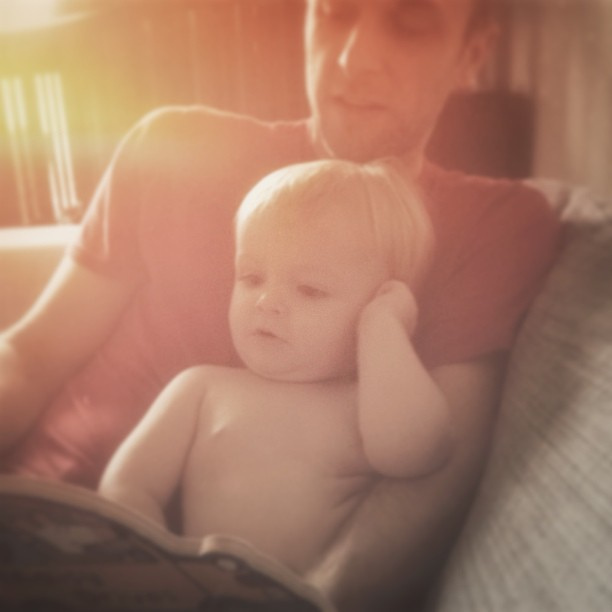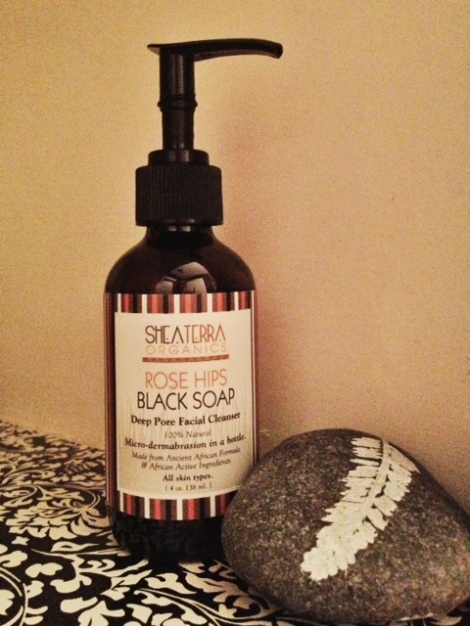+++ Disclaimer+++ Our son Elias, who I write about here, did not have ANY vaccinations. While I am happy that I never have to ask myself in a desperate moment if a vaccine injured him, I have never stopped questioning our decisions regarding vaccination. He is too old now to benefit from most vaccines anyway, and our decision was in no way influenced by Autism debate. Pharmaceutical debate perhaps, but not because we were concerned that they cause Autism.
So, Jenny Mcarthy. Are we ready to let this go yet? Jenny wrote a book about her son’s Autism, and how she feels she helped him to feel better. I write a blog here about my son’s speech disorder and how I feel we’ve helped him feel better. The real difference here is that I do not have huge tatas and I never had a show on Mtv (unfortunate for me on both accounts). Critics of Jenny’s book and personal appearances promoting her book (as well as her Autism charity and resource for parents of children with Autism, http://www.generationrescue.org) say that she is at fault for creating a generation of parents, mostly the word is “moms,” who care too much about her opinion that vaccines can cause Autism. As a result, these parents are not vaccinating their babies, and they are questioning the ingredients contained within the vaccines.
According to the medical journal Pediatrics, 76% of parents trust their doctors and 2% of parents trust a celebrity for medical advice. Doctors, almost all, will suggest you get your child vaccinated. I will not use this space to debate their motivation in doing so, but let’s just put it out there that doctors make their money with patient turnover. They want to see you for as short a time as possible because they need to see as many people as possible, in a day. Vaccines are really good for generating turnover, you don’t even have to speak to the doctor usually, you can just check in and get the vaccine from a nurse. Another example of this in action that a friend recently brought up is that she took her newborn to the pediatrician with breastfeeding issues. The doctor looked at her briefly and said, “She’s got tongue tie or something, very common, the formula we recommend is XBRAND.” Never did he recommend a lactation consultant or watch the baby nurse to check for issues of tongue tie, or any other reasonable thing. Clearly, the motivation was “Yep, not much we can do here, but XBRAND pays us a lot of money to hand out these formula samples to desperate moms like you so HERE YA GO. Be gone!” The mom is smarter than that, and she did get help at LLL as well as a support system that allowed her to ask questions such as, “Shouldn’t a doctor be aware of the scientifically proven fact that breastfeeding my baby for two years protects us BOTH from disease???” Yes, yes he should. Okay, back on topic!
Parents were, because of Jenny Mcarthy, beginning to question the ingredients in vaccines. Duh? Shouldn’t they always question doctors? I know I do. Look, going to school does not make you a wizard, people. Question your doctor, question any medicine they recommend, and do your own research. Not saying it’s always a bad idea to listen to doctors and take your medicine but…be your own advocate. Be your child’s advocate. KNOW YOUR SHIT, do not be afraid to question any doctor’s advice. Seek a second opinion, look into reading medical journals and articles through google scholar or your local university library. Read read read.
There is this ridiculous thing online called The Jenny Mcarthy Body Count, which is posted to every single comment segment of every shitty news story about chicken pox, or the measles. People are like, “Oh-the science about how many people die because someone didn’t get their kid vaccinated.” WRONG. This site, which serves it’s purpose in enabling idiots, states in its’ FAQ that the author cannot prove that the number of people dying were even unvaccinated. I am reminded of those cases of Pertusis where kids were dying, 2010 I think? They thought it was Pertusis and then “Whoops! It was just a cough that we thought was Pertusis.” It also happened in 2007, and a John Hopkins epidemiologist said that this misdiagnosis will be more and more common as the disease changes. The author of this “Body Count” tool is also getting his information from the CDC itself, so do with that what you will. Just keep it real, k? The guy is also, apparently, super into UFOs… or proving there are no UFOs? What is his background in UFOs that we might trust him to accurately disseminate UFO information, that is the question, if I am correct?
We have a question, do vaccines cause Autism? NO ONE KNOWS. Jenny Mcarthy is a parent to a child who she was worried about. Alternative therapies changed their lives, you cannot possibly blame someone for wanting to share that with desperate parents! If you do, you are a huge asshole! As one of those parents with a child who is a mystery, who is not like other children, who has searched endlessly to find happiness for, please stop the ridicule. You are making yourself look like such a dick! Every time someone cracks a Jenny Mcarthy-Autism joke I consider it a revelation of not only their intelligence but also their compassion. YOU LOOK SO UGLY OVER THERE. If you haven’t had a child? Just stop. Right now, sit down, read your internet in peace and leave the desperate parents of special needs kids ALONE.
Okay, I’m getting so angry over here. Stepping back from my own feeeeeeeels a bit, let’s explore why this book that Jenny Mcarthy wrote is helpful. One, it brought tons of awareness to Autism. We are talking about it now, right? All of those talk shows letting her talk about why she wrote the book and about her son, all of those late night “comedians” (is there a single comedian among them, really?) cracking jokes at her expense, it was worthwhile. Sure, there are parents who question vaccines and their ingredients now, and we discussed the positive aspects of that as well. Informed Consumer. Vaccines are something we consume, yes. We try to buy our health, have it injected into us, and then we feel that we have done the right thing. We have taken our fear-based medicine…okay, not going there! (wash your hands)
Let’s think about where we were with Autism when Mcarthy’s book came out. Rolling Stone and Slate had recently published (since removed and ridiculed for misinformation) that scathing article on vaccines and Autism (no one blames them, magically, for anything), of course her book was big news! Of course she was invited to speak to people publicly, we are in an Autism epidemic and parents around the nation are doing their best at 2am with blurry minds, hearts, and eyes to google the fuck out of “AUTISM CURE.” Someone to relate to, someone to talk openly, someone to represent Autistic families. Someone to bring the worries of these parents to light. Someone to educate the masses that when a kid won’t speak to you at the park, you don’t assume he’s a jerk or hasn’t the desire or mental capacity to answer you. This is important, and it is GOOD.
While I have misgivings about any natural therapies, and I am a massive skeptic, I do believe that physicians are grossly uneducated with regard to nutritional deficiencies. After my 3rd son was born our sweet physician told me that if I “eat enough vegetables you’re getting enough b12.” General practitioners and pediatricians get meager introduction to nutrition, not nearly enough information. I am so freaked out that I went to specialists for two years with Elias before I realised I’d been a vegan mom nursing an infant and I wasn’t getting any b12. I mean, that is a HUGE problem! No one ever asked me about my diet… Not even when my child was having serious developmental delays, not even when I was having migraine headaches or anemia that iron wasn’t fixing. My point here is that while the idea that “chelation” is a real thing, that it works to remove heavy metals from your system and “cures” Autism is way outside my comfort zone, I do know that if you are missing certain nutrients, you might not break down toxins efficiently. So, that’s my totally inexpert opinion.
Something that occurs to me is that if I had tried out chelation on Elias around his 3rd birthday, right when I was getting super desperate for him to produce a single word, he would have started talking within a month. Not because of anything other than his time was upon us. It would be really hard for me to think that none of our hard work with chelation therapy had anything to do with his “recovery,” but that instead it was a completely spontaneous break though. Think about it. See? Stop being such a dick.
Whether the information in Mcarthy’s book is 100% science or not, let’s stop this nonsense and show some compassion. Let’s stop treating desperate parents like they have no right to question blanket medical recommendations, and instead empower them to gather knowledge and engage in open dialogue. It’s not always about what is available to us, sometimes it’s about what is not.












